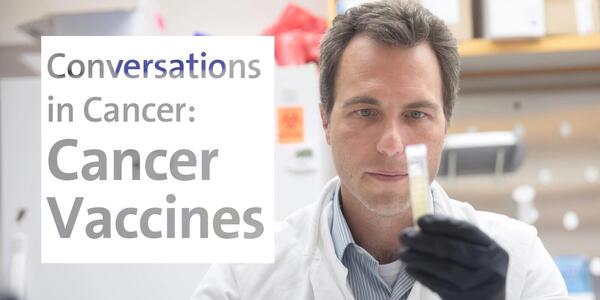
Research Programs
Duke Cancer Institute has seven basic, clinical, and translational NCI-Designated research programs that address research opportunities that impact cancer care.
- About
- News
- None
Research Programs

Conversations in Cancer
DCI’s Conversations in Cancer video series examines key developments and emerging innovations in oncology. The series features conversations with DCI experts dedicated to advancing cancer research and patient care.
Blog Search Results
This page was reviewed
on 09/15/2023
